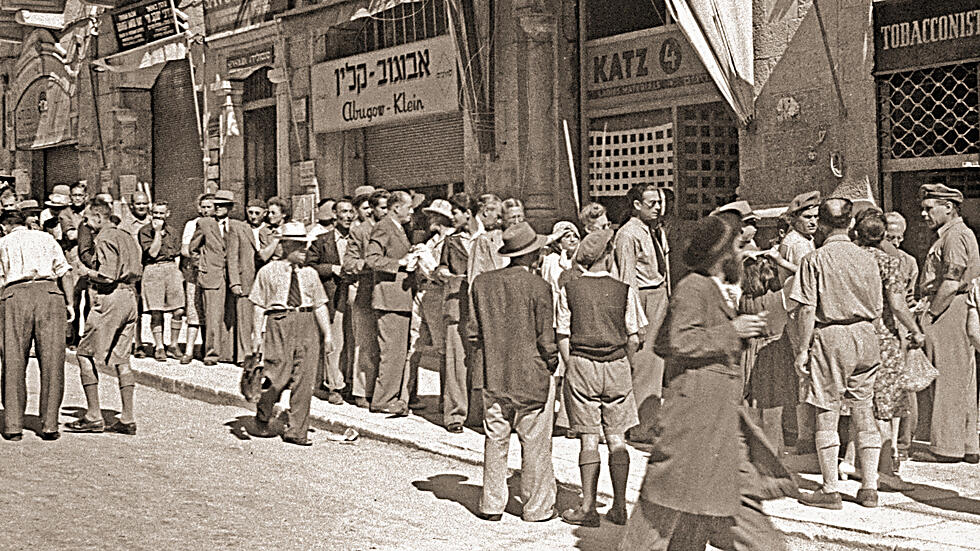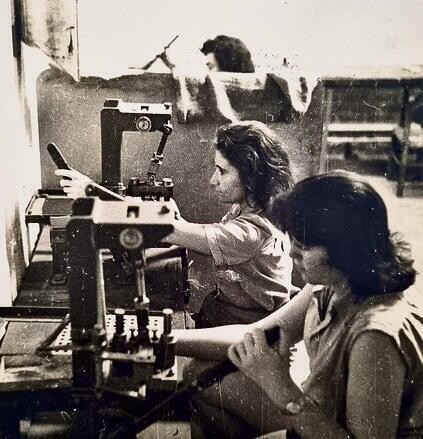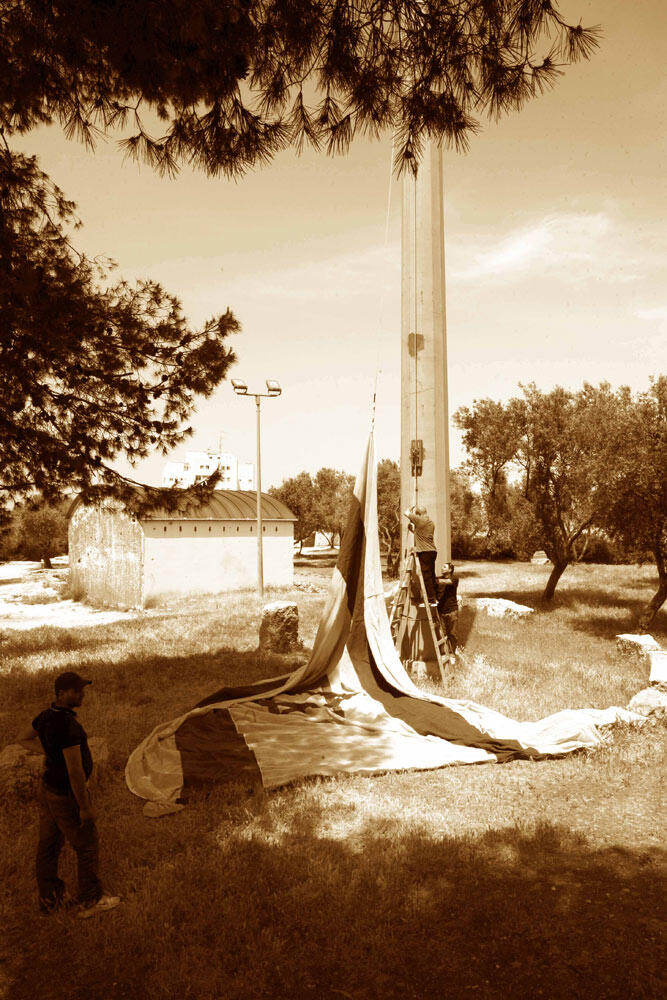Researchers uncovered an old 9mm bullet manufactured by the Zionist paramilitary organization Haganah at a secret facility in Rehovot during the British Mandate period.
More stories:
The bullet, found during an educational dig at a farm near the Governor's House (Armon Hanetziv) in Jerusalem, had the letters A and E engraved at the base, shedding light on the projectile’s origin.
The bullet was manufactured during the 1940s at the Ayalon Institute – a secret ammunition factory of the Haganah on the outskirts of Rehovot. The bullets produced in the factory were marked with an A for Ayalon, and E for Eretz Yisrael (Land of Israel).
The Ayalon Institute was restored by the Council for Conservation of Heritage Sites in Israel and turned into a museum that tells the story of the factory and its workers, as well as its contribution to the establishment of the state.
The discovery was made during a specialized operation aimed at uncovering artifacts from the War of Independence and the Six-Day War using metal detectors. This initiative was led by the Ammunition Hill Heritage Site.
Between the years 1945 and 1948, approximately 2.25 million bullets were produced at the Ayalon Institute in Rehovot, playing a critical role in the battles of the War of Independence.
The facility, situated eight meters below ground, operated around the clock. Unbeknownst to some members of the kibbutz above, their lives were at risk due to the covert operations taking place beneath them. Recently, for the first time, one of the bullets produced at this facility has been discovered in its original and intact condition at one of the historic battle sites.
In 1945, following recurring attacks by local Arabs on the Jewish settlement, Haganah commander Eliyahu Golomb and Military Industries chief Yosef Avidar decided that it was necessary to begin stockpiling weapons, despite British law prohibiting Jews from manufacturing or possessing firearms.
To meet the demand for 9mm bullets required for the Sten submachine guns they were producing, Military Industries decided to establish a munitions factory. The chosen location was a hill near the kibbutzim, strategically situated for its relative isolation yet proximity to Tel Aviv, where the Haganah headquarters were based. The area's chalky soil facilitated deep excavation for the underground facility.
The group selected to establish and work in the factory was "The Scouts A," led by Shlomo Hillel, which had completed its training in Pardes Hanna and dreamed of permanently settling in a kibbutz in the area to make a living from fishing and farming. With the assistance of people from the Haganah workshop, the Palmach, and others, the factory was built eight meters underground and was the size of a tennis court. Above it, regular kibbutz life continued.
3 View gallery


Cigarette line in besieged Jerusalem during War of Independence, 1948
(Photo: Edgar Hirshbein, Courtesy of JNF)
The team chosen to set up and operate the factory was known as Scouts A, led by Shlomo Hillel. Having completed their training in Pardes Hanna, the group aspired to establish a permanent kibbutz in the area, with plans for fishing and farming as their main livelihoods.
With support from Military Industries, Palmach and other partners, the factory was constructed eight meters below ground and was roughly the size of a tennis court. Meanwhile, life on the kibbutz above the factory continued as usual.



